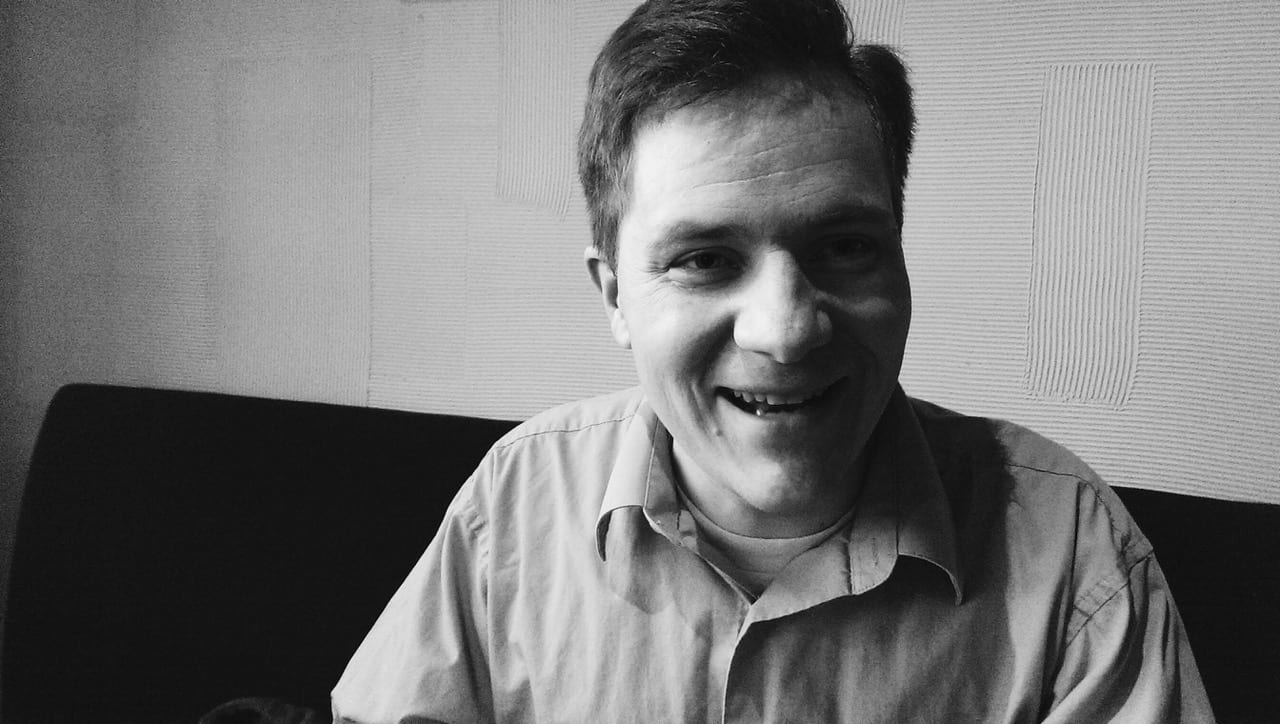Posted By: Elisabeth Rosenthal, PhD, Member of the ASHG Communications Committee
We sat down with ASHG member Brian Shirts, MD, PhD, to learn more about his work at the cutting edge of clinical genetic diagnostics, including how his work intersects with his faith.

ASHG: Tell us about your position and how it fits into your institution and its goals.
Brian: I am Assistant Professor of Laboratory Medicine at the University of Washington. Being in a clinical department means part of my job is doing clinical genetic testing in patients. Since I am at a university, the other part of my job is teaching and doing research. In order to have this position, I did medical school and doctoral training in human genetics. Then I did specialty training to be board certified in Clinical Pathology and Molecular Genetic Pathology. When I started graduate training, I did not know that the position I currently have existed. When I first met a physician who specialized in genetic diagnosis, I quickly realized, “That is what I wanted to do all along!”
Working at a university, I need to be on the cutting edge of clinical genetic diagnostics. I specialize in hereditary cancer testing and understanding the health effects of extremely rare genetic variants. When I say “extremely rare”, I mean genetic variants that I may see for the first time when I look at the results of a patient receiving clinical genetic testing, or a variant that may have only been seen in one or two other people in the world. In cancer risk genes, these variants are usually inherited and clustered in families, so I like to call them family-specific variants.
I am lucky because my research interests and my clinical work go well together. I spend over half of my time doing research and developing translational applications that will allow myself and others to apply my research discoveries to clinical diagnostics.
ASHG: How do you keep up with the latest in genetics science and use this in your work?
Brian: I try to attend the ASHG Annual Meeting and the Association for Molecular Pathology meeting as often as I can, as I think these are the best forums for the latest in genetics science and genetic diagnostics, respectively. I also read several journals and go to journal club presentations as often as I can.
ASHG: What are your favorite genetics websites?
Brian: I have to give a plug for my website on family studies for rare variant classification: findmyvariant.org. Some of my other favorite genetics websites for non-geneticists are: Genetics Home Reference, Learn.Genetics, my46, and Genetic Alliance.
ASHG: What are you currently reading/thinking about?
Brian: I am always thinking about how to apply population genetics principles to clinical diagnostics. For something completely different, I like to read the best books that my kids are reading. I am currently reading “Mr. and Mrs. Bunny–Detectives Extraordinaire!” by Polly Horvath.
ASHG: What everyday thing are you better at than everyone else? What’s your superpower?
Brian: When I go to church, others tell me that I have an extraordinary talent for asking appropriate yet thought provoking questions during Sunday School. Being an outspoken scientist in a faith community can be difficult to navigate, but communicating with people from different backgrounds is a really important skill to develop.
Brian Shirts, MD, PhD, is Assistant Professor of Laboratory Medicine at the University of Washington. He has been a member of ASHG since 2004.
